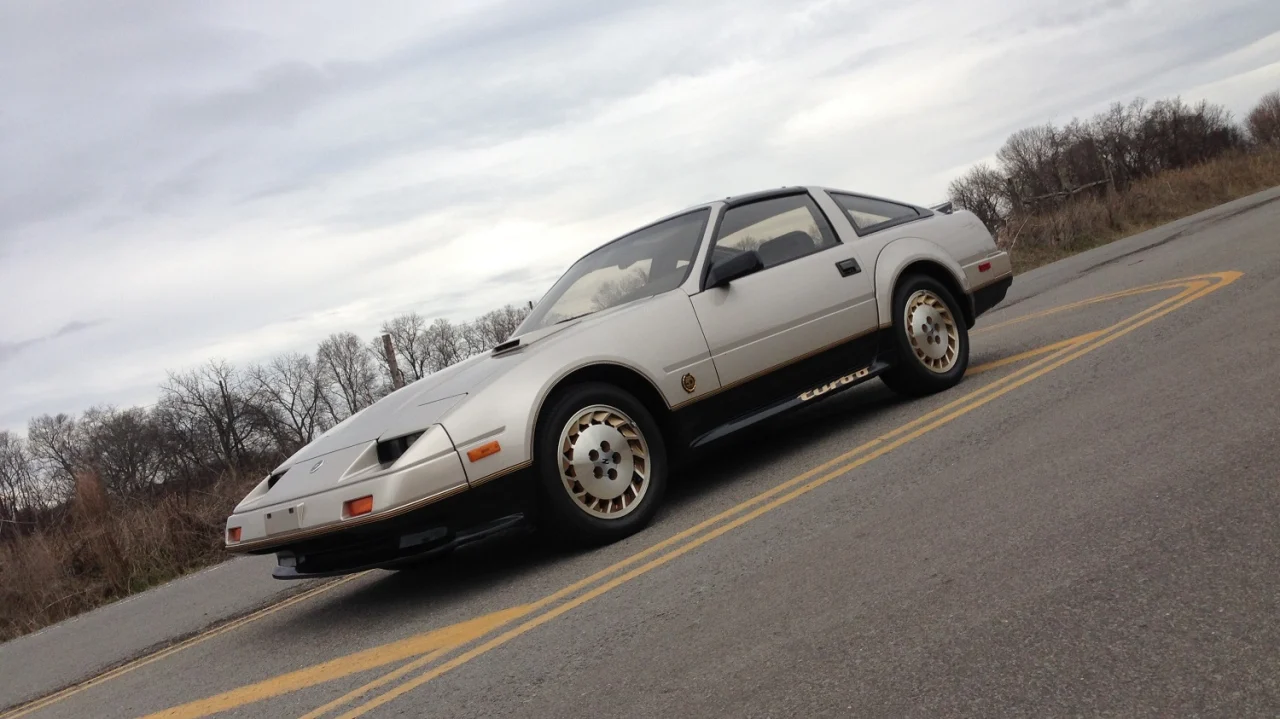You’re probably aware by now that on April 3, 2025, the White House instituted a 25 percent tariff on vehicles imported into the U.S., and that it will level the same tariff against imported parts starting May 3. That’s bad news if you were planning on buying a new car or components to work on your vintage Jaguar project. The good news is that if you want to import a vehicle that’s 25 years or older, you shouldn’t be hit with that price hike.
Although designed to incentivize domestic vehicle and parts production, these tariffs have led to confusion and concern. According to Hagerty, it was initially unclear whether or not the tariff on imported cars was unilateral, regardless of the vehicle’s age. Then came an update that vehicles made “at least 25 years prior to the year of the date of entry” would not be subject to the 25 percent tariff. That means the Euro-market Porsche 911 you’ve had your eye on is still within reach. However, vehicles will be taxed at 2.5 percent of their value at the port of entry, except for pickup trucks, which will be taxed at 25 percent (aka the “Chicken Tax”).
There’s another potential silver lining here, thanks to the United States-Mexico-Canada Agreement (USMCA) that replaced the North American Free Trade Agreement (NAFTA) in 2020. The White House website states, “For automobiles that qualify for preferential tariff treatment under the USMCA, importers of such automobiles may submit documentation to the Secretary [of Commerce] identifying the amount of U.S. content in each model imported into the United States.” The percentage of American parts would not be impacted by the 25 percent tariff, but the foreign/imported balance would be.

Unfortunately, other tariffs can also drive prices up. Within the next week, all countries will be charged a 10 percent tariff as part of an effort to “to rebalance global trade flows;” certain nations will also face individual reciprocal tariffs. The U.S. has levied a reciprocal tariff of 24 percent on all products from Japan. The Autopian reports, “If you have a car arriving from Japan on or after April 5, but before April 9, your vehicle may be subjected to a 10 percent duty on top of existing duties. That means 2.5 percent plus 10 percent for a total of 12.5 percent for regular cars. If you’re importing a Kei truck, you still have to deal with the 25 percent Chicken Tax, and then you may pay the additional 10 percent to get you to 35 percent. If your vehicle arrives from Japan on or after the above April 9 time, your total duty might increase to 26.5 percent or 49 percent, respectively.”
Plenty of changes have taken place in the automotive industry in a short amount of time, with more likely to come. Have these tariffs affected your current or planned purchases? Tell us in the Comments section below.


